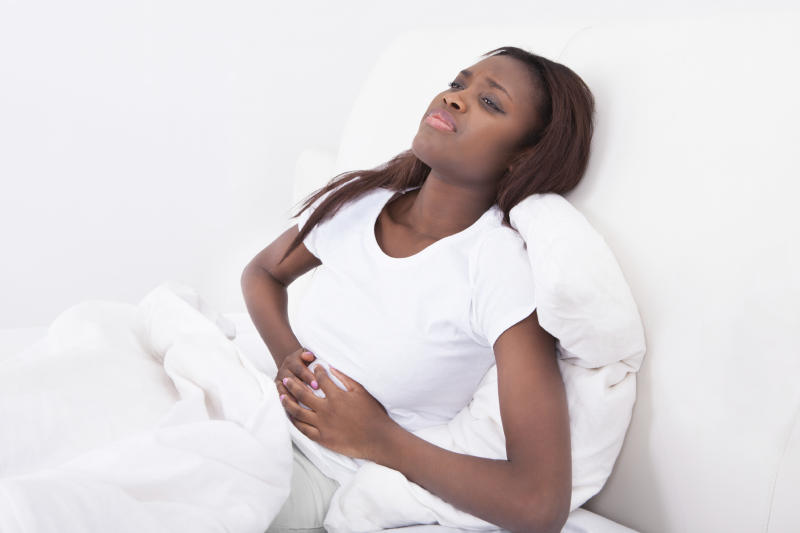
Women have reported early and heavier menses after the vaccination, something that has not been linked with the vaccines yet but experts in countries like Israel are looking into it.
The Oxford/AstraZeneca jab has been administered on more than 700,000 Kenyans since March 5. Among side-effects include blood clotting in some parts of the world, though this has not been reported in Kenya.
Of the people vaccinated, over 300,000 or about 44 per cent are women, and Dr Nelly Bosire, a consultant obstetrician and gynaecologists says the jab’s side- effects on women’s menstrual cycles have been happening but not being reported.
Facts First
This story continues on The Standard INSiDER. Subscribe now for unfiltered journalism that holds power to account.
Already have an account? Login
 The Standard Group Plc is a multi-media organization with investments in media
platforms spanning newspaper print
operations, television, radio broadcasting, digital and online services. The
Standard Group is recognized as a
leading multi-media house in Kenya with a key influence in matters of national
and international interest.
The Standard Group Plc is a multi-media organization with investments in media
platforms spanning newspaper print
operations, television, radio broadcasting, digital and online services. The
Standard Group is recognized as a
leading multi-media house in Kenya with a key influence in matters of national
and international interest.











